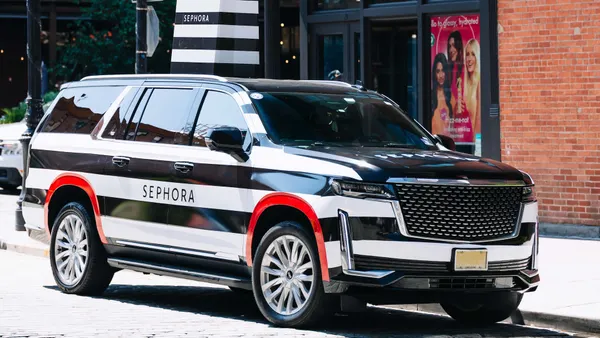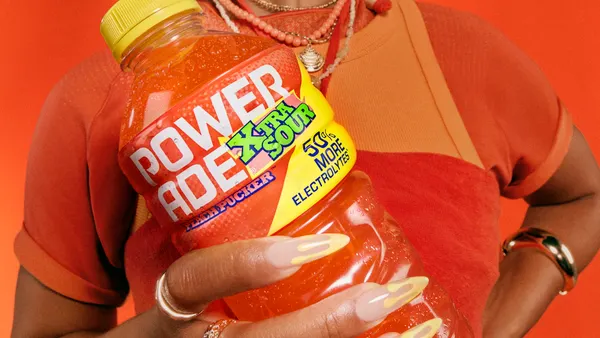Dive Brief:
- Coca-Cola promoted its Gold Peak brand of iced tea last summer by targeting ads at people based on the photos they shared on social media. Using image recognition technology, the soda company identified people who posted images that featured glasses or jugs of tea, or had cans or bottles of competitors such as Snapple, Honest Tea and Lipton, according to Digiday.
- Cluep, a mobile ad platform based in Toronto, created the image recognition engine that sifted through the pictures to identify tea consumers. Cluep also has worked with Nike, McDonald’s, Toyota and Under Armour on this kind of visual targeting.
- People who were identified as potential tea drinkers were later served Gold Peak ads on 40 different mobile sites and apps after switching off Instagram, Facebook and Twitter. Coca-Cola yielded a click-through rate of more than 2%, or 3-4x its benchmark for the tea brand's ads.
Dive Insight:
A picture is worth a thousand words, and in the case of mobile marketing, it can also lead to better conversion rates for ad campaigns. For years, marketers have identified target audiences with social listening that was mostly based on keywords in text-based posts. A key disadvantage to text-based targeting was the ambiguity of how words and phrases were used.
The use case for social media is shifting toward a bigger focus on self-expression through the sharing of images, as evidenced by the growth of image-based platforms like Instagram and Snapchat. Millennials, in particular, are known for sharing photos of their accomplishments throughout the day. As this shift continues, marketers may find that scanning images that a user posts on social media, marketers can deliver greater insight than text into that consumer’s age, gender, ethnicity, hobbies, personal interests, surrounding climate and brand preferences. This rich information helps marketers reach their intended audience instead of wasting page views on the wrong demographic group that's not interested in the ad or product.
The image recognition technology may seem invasive or overbearing to some users, but correctly targeted ads are less likely to offend or annoy people. Karan Walia, Cluep’s co-founder and chief executive, told Digiday that beta tests run by major brand advertisers are seeing conversions and CTRs of 5-10x the industry benchmark on premium publishers. With that kind of response, more brands are likely to try their hand at using image recognition on social media.










